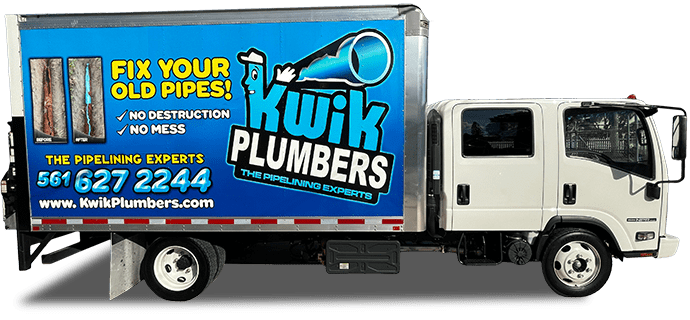Why Tankless Water Heaters Need Maintenance Too?
Home /

Tankless water heaters are the subject of much praise by the industry, and they mostly earn it. By heating water as needed instead of storing and preheating it, tankless units offer substantially more hot water and they need next to no upkeep. But hyperbole takes its toll, and “next to no upkeep” becomes “no upkeep at all” during the sales pitch. In reality, the energy and maintenance involved with heating, moving, and storing water doesn’t change drastically: tankless heaters suffer from many of the same problems as tank heaters, and they require a lot of the same care.
For one, hard water buildup, called “scaling,” taxes the system either way. Whether a tank is involved or not, scaling will occur, and the burner will have to work overtime to achieve the output of a healthy heater. This problem will initially result in bigger heating bills, and eventually it will lead to the demise of the unit.
Of course, the amount of work required by a tankless heater depends on a region’s water. If you’re in the South and/or if you rely on a groundwater source, then your scaling will be extensive and your heater will have to be flushed annually. If you live in an area with softer water or if you use a water softener, then you’ll have to flush it every other year or so. In order to determine whether or not your area has hard water, inspect your faucets and shower walls for white or yellow residue. More importantly, keep an eye on your water flow. If it seems sluggish, then mineral deposits might be impeding water flow and then you might need to reassess how often you’re cleaning your heater.
Secondly, most tankless heaters run on electricity and, as such, need close attention. The heating element of these units sometimes demands replacement. Like the traditional burner, heating elements can strain under a water flow stymied by scaling, work many times as hard to produce the same amount of heat, and ultimately burn out.
If your unit is gas-powered, then you should probably contact a professional technician; gas isn’t to be toyed with by the untrained. If you have an electric unit, then the heating unit is most likely the problem and you can safely replace it on your own.
That aside, tankless heaters are still efficient in comparison to their competition. They’re cheaper to install, cheaper to replace, and have less moving parts. Because their services are “on-demand” and don’t rely on preheating, they often lower utility bill prices. Still, “rarely” should never be confused with “never”; a tankless heater is subject to the same pressures as a tank. It still has pipes, those pipes still get clogged, and those moving parts still experience wear and tear.
Contact Us for Your Plumbing Needs
For more information about our services or to obtain an estimate, reach out to us at Kwik Plumbers today. Feel free to call our team or fill out the form for an appointment. We look forward to hearing from you.

